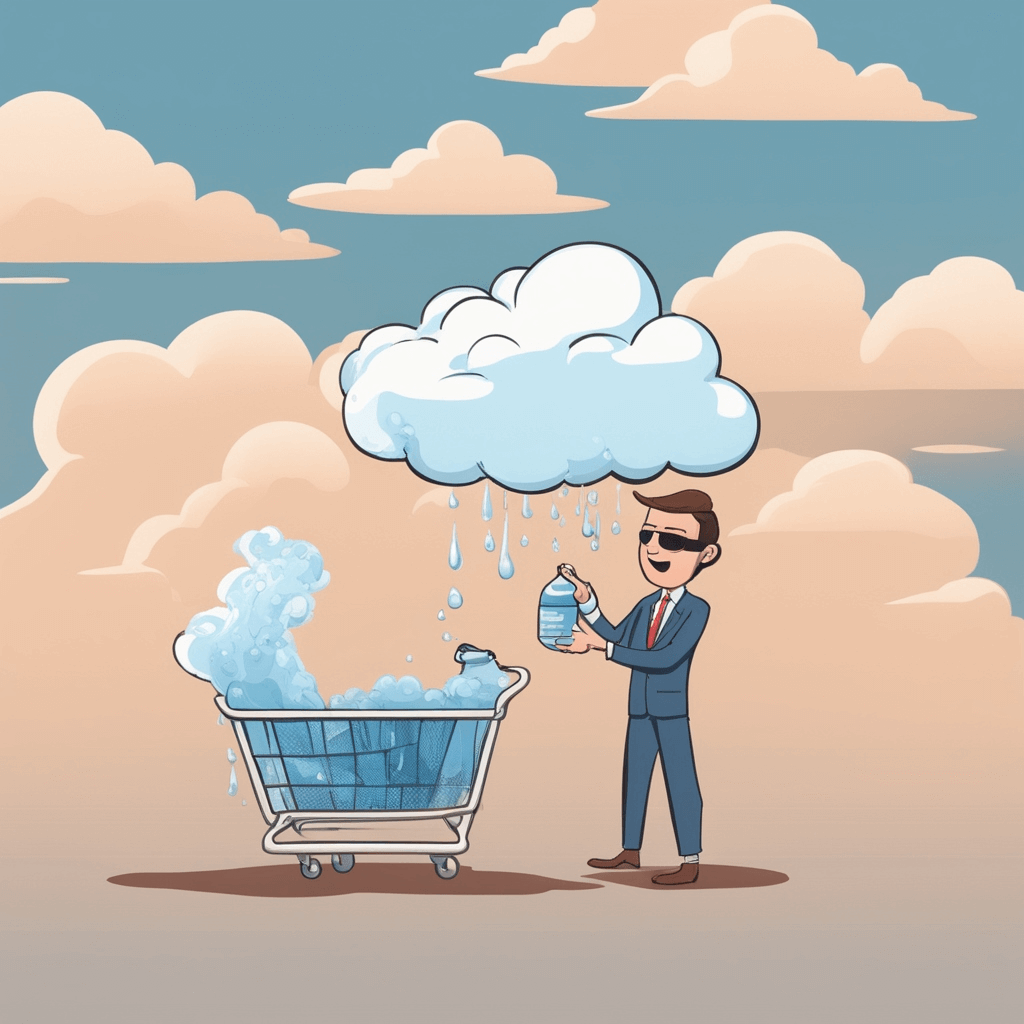Consumerism and the Growing Class Division
In 1848, Karl Marx and Frederick Engels stated how society is increasingly splitting into two greater classes facing each other: bourgeoisie and proletariat (Marx & Engels, 1847). These groups, also referred to as the oppressor and the oppressed, have endured throughout history, under different names such as monarch and plebeian, or freeman and slave. Since the industrial revolution consumerism played a significant role distinguishing these two groups. As societies embrace a more consumption-based culture, groups with greater purchasing power have access to a wider range of goods and services while proletariat struggle to meet their basic needs.
Capitalism has created such a society that the values of a person can be reflected in their buying behavior. Currently, our self-worth is measured by our buying power, and the consumption habits have been shaped so our ‘needs’ will hardly be accomplished (Kleiderly, 2020). The bourgeoisie can keep affording luxurious lifestyles with their economic advantages, which raises consumer trends, and reinforcing the division between the two classes.
Following this path, a significant future class gap is envisioned. The middle class is expected to disappear, leaving a disproportionate number of individuals in the lower class while the higher class remains small.
Colonization, Theft of Goods, and Unequal Distribution
Avarice, however, did not start with the industrial revolution. European powers colonized territories, exploiting land and resources for their own benefit. The unequal distribution of wealth and resources further enhanced social and economic differences, shaping the path of the centuries after. To progress as society, I believe learning from the past is essential, nevertheless as a South American living in Europe I came from the realization that the story is often overlooked. However, “history is written by the victors”, I guess.
I am afraid that is why we do not need to go that far back to talk about colonization. The theft of oil and other natural resources has been persistent in today’s century, having the world’s power enrich themselves through these resource extraction and slave labor, developing the gap between rich and poor countries. If this tendency did not change yet, why would it start changing now? What will the bourgeoise crave in the future?

(Getty Images, n.d.)
Water Role in Future Inequality and Class Gap
With increasing water scarcity because of factors such as climate change, access to clean water will become critical, making water a luxury product. Unfortunately, history will repeat. Water will likely to be disproportionately controlled by those in power. Unequal distribution is deepening the class gap, with the wealthy having privileged access to clean water while lower-income communities struggle to meet their basic needs. This scenario highlights the urgent need to address water management and advocate for equitable access to this vital resource.
This is why our group’s (Leonie, Joey and Febe) goal is to create awareness among the audience about the difference on how low and high economies will be affected by consumerism in 2050. We are going to be focusing on investigating how water would be used as a status symbol to highlight the wealth disparity between the lower and higher class in a future with limited resources. Exploring what water consumption would look like in the different classes as well as what design practices will be applied for each.
The specific approach we will take to showcase this future scenario is yet to be determined. Will high-class members have their own rain cloud? Will they be able to purchase as many as they want? The next phase begins with making our ideas concrete and defining how they will be effectively communicated in an exhibition.

(AI generated with Cyberpunk)
Some Personal Additional Thoughts
Consumerism has brought several problems both to humankind and the environment. From climate change to cognitive and manual skills, as well as overall human well-being. Then, why my focus on class inequalities?
As an Argentinean, I grew up with Che Guevara as a significant role model. I draw inspiration from his commitment to social justice. He is a symbol of resistance against political repression but also economic exploitation. He fought to end this oppressor-oppressed cycle by going against imperialism.
Based on my beliefs of what the future holds for us. Are we going to need a new Che Guevara? What other options do we have to scape this vicious cycle and attain equality? Is it even possible at this point?
References
Acquah, T. (2024, February 21). Why AI will make the rich richer and the poor poorer. Medium. https://medium.com/@theobee.acquah/why-ai-will-make-the-rich-richer-and-the-poor-poorer-27417dbc16f1
Getty Images. (n.d.). Getty Images. https://www.gettyimages.nl/
Kleiderly. (2020, November 10). The psychology behind consumption. https://www.kleiderly.com/our-blog/the-psychology-behind-consumption
Marx, K., & Engels, F. (1847). The Communist Manifesto.


